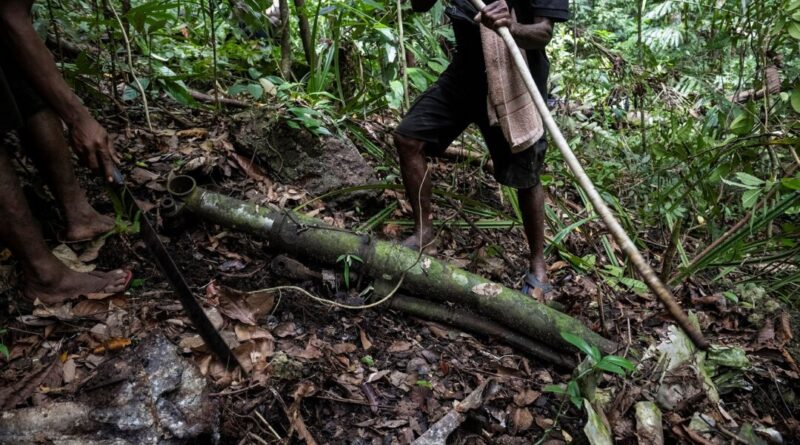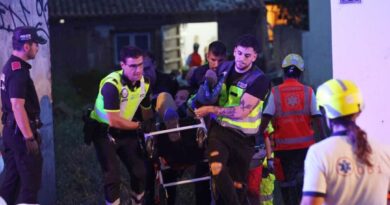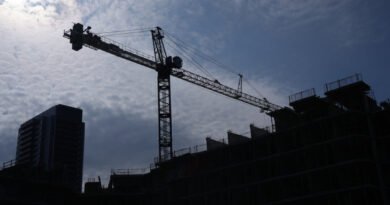Australia recommends exercising ‘great caution’ when traveling to Papua New Guinea
Travellers to Papua New Guinea are being advised to exercise a “high degree of caution” due to high levels of crime, tribal violence and civil unrest.
In particular, they’ve been urged to “reconsider” travelling to Mount Hagen in the Western Highlands, all of the Southern Highlands, Hela and Enga Provinces due to “the potential for unrest and ongoing security concerns.”
Enga remains a concern because, following a large-scale landslide in May, small slips are still occurring, the road network remains badly damaged, and some roads are impassable.
But in most areas of concern, the problem is one of possible violence, with robbery, kidnapping, rape, and even murder not uncommon.
Most recently, a protest by local landowners completely closed the Kokoda Track as a blockade was erected without warning, and the PNG government subsequently closed the entire route.
Tourists trapped on the track had to be airlifted out of the remote Papua New Guinean jungle, and tour operators—who usually enjoy one of their busiest periods of the year—have been caught in the middle of the dispute, the result of a long-running argument between locals and the PNG government over compensation payments.
Residents of Nauro village, located alongside part of the trail, have used logs to construct the barrier. They claim they are owed about $15 million in compensation under the terms of a deal reached in 2010 to prevent the opening of a gold mine in the area.
It’s estimated that more than 3,000 people—most of them Australian—walk the 96-kilometre track each year. Some train for as long as 12 months to do so.
A Trek to Pay Tribute
The trek is usually made to pay tribute to fallen Australian troops and their PNG comrades from World War II.
The Kokoda campaign, which lasted from July to November 1942, played a crucial role in preventing Japanese forces from isolating Australia from its allies. Around 625 soldiers were killed and more than 1,600 wounded along the track, which was part of Australian territory at the time.
Kokoda Track Authority acting CEO Julius Wargirai confirmed the path would remain closed as negotiations continue.
“The blockade of the track is due to Mount Kodu Landowner Association demanding the government to honour its commitment in paying outstanding royalties so that normal trekking can continue,” he said.
A spokesperson for the Department of Foreign Affairs and Trade (DFAT) said it it is in contact with affected Kokoda Track tour companies and was not aware of any remaining tour groups on the Track.
“The reopening of the track is a matter for the PNG government,” they said.
“The Australian High Commission in Port Moresby is supporting relevant PNG authorities to work with communities on a resolution.”



